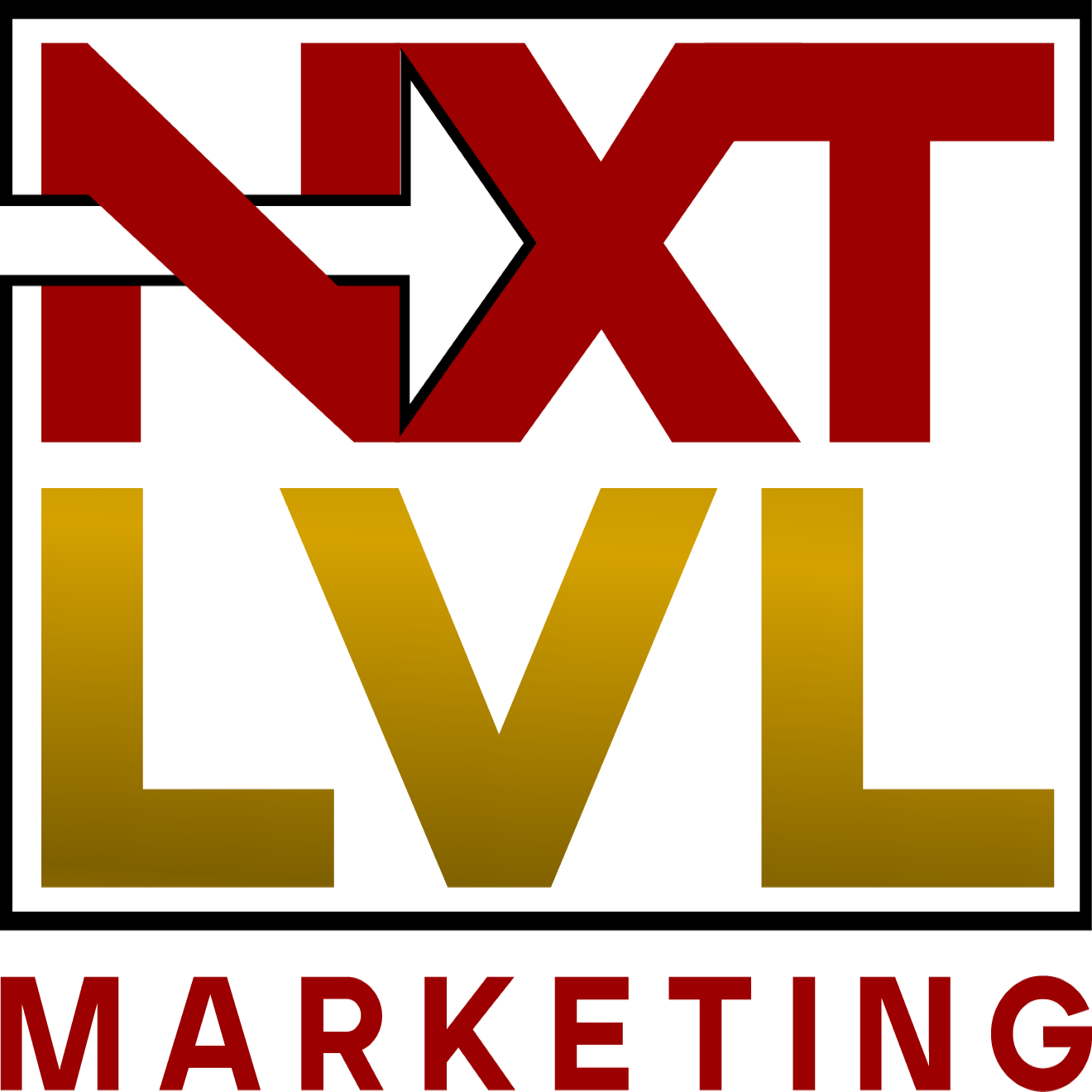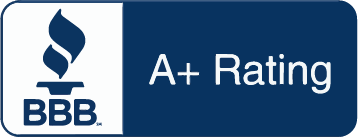AI-Enhanced Teams, Leadership & Efficiency
Course Description
This program equips hospitality professionals with essential communication, conflict-resolution, leadership, and problem-solving skills to thrive in high-pressure environments where “rushes” often create tension between coworkers.
Through interactive training & experiential activities, participants develop fundamental skills for effective, respectful communication, mastering emotional intelligence and conflict resolution. The focus on communication, team collaboration, and mutual respect creates resilient employees who maintain composure during high-stress periods while fostering a collaborative environment.

Participants learn to leverage Large Language Models (LLMs) such as ChatGPT and Claude to enhance their skills—from conflict mediation to accelerating problem-solving and enhancing critical thinking.
Graduates emerge with both practical skills and technological knowledge that significantly increase their workplace value. The ability to utilize AI tools alongside advanced communication techniques positions participants as innovative problem-solvers capable of autonomous decision-making—qualities that directly translate to career advancement opportunities and greater job security.
Each participant completes the program with a personalized action plan to immediately implement their new skills in the workplace, earning a CLEAR Certification.
Note: An LLM is a Large Language Model, such as ChatGPT, Claude, Gemini, Cortana, etc. An AI chatbot that enhances participants’ abilities & skills developed within this program.
Course Details
Course Duration: 17 Hours
Course Cost: $2,795 CAD
Certificate Earned: C.L.E.A.R. Certification (Communication, Leadership, Efficiency, Accountability & Resilience)
Only 5 spots remaining!
Course Outline
The first day of the program equips participants with essential communication skills vital for thriving in fast-paced food service environments. Through practical exercises and role-playing, participants master verbal and non-verbal cues, active listening, and non-violent communication techniques. They learn to clarify and calibrate expectations, provide constructive feedback, and overcome common communication barriers. These skills immediately translate to fewer misunderstandings, smoother operations during rush periods, and stronger team cohesion, reducing workplace tension and enhancing customer service quality & satisfaction.
Unit 1: Fundamentals of Communication
- Description: Learn about the key elements of effective communication, including:
- Verbal and non-verbal cues
- Active listening
- The impact of tone and body language.
- Learning Outcome: Participants will understand how to effectively communicate in various professional scenarios, with empathy and understanding for coworkers.
- Description: Learn about the key elements of effective communication, including:
Unit 2: Clear Expectations
- Description: Learn to understand and clarify expectations better, understanding one’s role & responsibilities, and those of teammates.
- Learning Outcome: Participants will learn how to develop clarity on what is expected of them in the workplace and the roles & responsibilities of their position.
Unit 3: Feedback Mechanisms
- Description: Explore techniques for giving and receiving constructive feedback to improve workplace interactions and performance.
- Asking for Permission
- Asking for Feedback
- Receiving Feedback gracefully, acknowledging the Ego and defensive patterns.
- Learning Outcome: Participants will be skilled in using feedback to enhance individual and team effectiveness, and encouraged to support each other in professional development & team cohesion ability.
- Description: Explore techniques for giving and receiving constructive feedback to improve workplace interactions and performance.
Unit 4: Communication Channels
- Description: Identify 5 key workspace communication channels and learn how to select the most appropriate one.
- Learning Outcome: Participants will efficiently select appropriate communication methods and learn to overcome communication barriers.
Unit 5: Principles of Non-Violent Communication
- Description: Non-Violent Communication (NVC) developed by Marshall Rosenberg teaches how to express oneself honestly and clearly while also receiving information from others empathetically, understanding others without blame or judgment.
- Learning Outcome: Participants will learn to apply NVC techniques to enhance understanding and resolve conflicts, ensuring communications are productive & respectful while fostering a supportive team environment.
Activities & Exercises
- Active Listening Circles
- Participants form small groups (3-4), and each member shares a workplace challenge while others practice active listening, followed by responding using skills taught and response prompts.
- Feedback Role-play
- Pairs practice giving and receiving both positive and constructive feedback using mock scenarios provided, focusing on delivery and response
Day two equips participants with essential emotional intelligence skills critical for navigating workplace tensions. Through interactive exercises and role-plays, participants master advanced conflict resolution techniques and learn to utilize LLMs to gain perspective in challenging situations. Business owners benefit from fewer disruptions and less time resolving conflicts between staff. At the same time, employees gain valuable skills to maintain positive relationships, reduce daily stress, and position themselves as emotionally intelligent team members who can transform conflicts into collaborative solutions, fostering a more collaborative and supportive work environment.
Unit 1: Emotional Intelligence Basics
- Description: Introduction to emotional intelligence, focusing on self-awareness, self-regulation, motivation, empathy, and social skills.
- Learning Outcome: Participants will develop their emotional intelligence to improve their interpersonal relationships and self-management.
Unit 2: Advanced Conflict Resolution Techniques
- Description: Learn strategies for effective conflict resolution, including understanding the source of conflicts and applying resolution techniques.
- Learning Outcome: Participants will be equipped to handle and resolve workplace conflicts constructively & respectfully.
Unit 3: Utilizing LLMs for Conflict Resolution
- Description: Explore how LLMs can help coworkers better understand each other’s perspectives, manage emotions, and offer mediation support.
- Learning Outcome: Participants are provided AI prompt templates and learn to use LLMs to enhance their conflict resolution skills and process.
Activities & Exercises
- Conflict Analysis
- Participants watch & analyse a series of workplace interactions, and breakout into groups of 4-5 to identify triggers, barriers, and beliefs that lead to conflict, proposing how the situation could have been handled differently using the tools developed in the previous 2 modules.
- Conflict Resolution Role-play
- Participants engage in role-play, applying their newly developed conflict-resolution techniques & tools in real-world workplace scenarios or generated by an LLM.
- Mediation Simulation using an LLM
- Participants use real scenarios and apply the prompts taught to use an LLM (such as ChatGPT) as a mediator to help resolve a conflict.
The third day develops structured approaches to workplace challenges, enabling autonomous decision-making that reduces reliance on management intervention. By mastering problem analysis techniques and learning to leverage LLMs for creative solution generation, employees become more valuable team members capable of independent action. Business owners gain staff who can efficiently handle operational issues, while employees acquire leadership skills that open doors to advancement opportunities and increased workplace flexibility.
Unit 1: The Problem-Solving Framework
- Description: A systematic approach to problem-solving, starting by identifying & defining problems clearly, brainstorming possible solutions, comparing and analyzing up to 3 potential solutions, selecting 1 solution, and creating a plan to implement it.
- Learning Outcome: Participants will be able to identify and articulate problems clearly, then apply structured approaches to solving them effectively.
Unit 2: Leadership in Decision-Making
- Description: This unit teaches students to evaluate & categorize problems to determine who needs to be involved in solving them, whether they can solve it autonomously, or by enlisting the help of a coworker or supervisor.
- Learning Outcome: Participants will be able to categorize problems based on level of responsibility, understand the stages of autonomous decision-making and leadership in problem-solving, and they will be equipped to take initiative, manage projects, and drive implementation with minimal supervision.
Unit 3: Utilizing LLMs for Problem Solving
- Description: Instruction on how LLMs can assist in data analysis, generating creative ideas, and providing a range of solutions to complex problems.
- Learning Outcome: Participants will utilize LLMs to support and enhance problem-solving processes.
Activities & Exercises
- Group Problem Analysis
- Pods of 4-5 are given a real-world problem to apply the problem-solving framework, select 1 solution and provide rationale.
- Enhanced Problem-Solving using an LLM
- Groups repeat the stages of problem-solving using an LLM to accelerate the process, generating creative solutions and evaluating their feasibility.
This culminating module transforms theoretical knowledge into practical implementation through personalized action planning. Participants integrate all previously learned skills to address complex workplace scenarios and collaborate on crafting collective “Workplace Agreements”. Staff are equipped with concrete implementation plans for immediate workplace improvement and a clear roadmap for applying their new capabilities to advance their careers and enhance their value in the food service industry.
Activities & Exercises
Activity 1: Integration Challenge
- Participants select a real-world workplace issue and use all the skills learned to propose a comprehensive solution, presenting this solution to break-out groups or the whole class.
Activty 2: 30-day Implementation Roadmap
- Participants self-assess their newly acquired skills and create personalized 30-day action plans using the Implementation Roadmap template. They identify specific workplace challenges, map relevant skills and AI tools to these challenges, develop weekly action steps with success indicators, and establish an accountability structure.
- This ensures participants leave with an actionable roadmap to translate their learning into measurable workplace improvements.
Activity 2: Workplace Agreements Roundtable Discussion
- Everyone contributes to creating a list of agreements that everyone commits to respecting. Each agreement must be unanimously agreed upon. If a few employees are not ready to agree, they are invited to express themselves and provide an alternative.
- This activity creates a shared, collective vision of workplace culture. By establishing clear expectations & agreements through consensus-building, the exercise builds team cohesion that leads to improved operational efficiency and staff satisfaction.
Benefits
For Participants
- Higher Income Potential
- More Consistent Hours
- Career Advancement Opportunities
- Increased Job Security
- Greater Workplace Flexibility
- Significantly Reduced Stress
- Higher Job Satisfaction
- Burnout Prevention
- Enhanced Work-Life Balance
- Improved Team Relationships
For Business Owners
- Increased Revenue
- Reduced Labor Costs
- Improved Operational Efficiency
- Higher Staff Retention
- Decreased Absenteeism
- Greater Owner Freedom
- Enhanced Team Resilience
- Stronger Team Culture
- Better Customer Experience
- Competitive Market Advantage
For the Hospitality Industry
- Reduced Staff Turnover
- Decreased Absenteeism
- Enhanced Operational Efficiency
- Autonomous Problem-Solving
- Improved Customer Experience
- Stronger Team Cohesion
- Digital Innovation Acceleration
- Increased Diversity Integration
- Better Mental Health Outcomes
- Enhanced Leadership Pipeline
Meet your Instructors

Suzanne Gagnon, MPA, PCC
Suzanne Gagnon is a bilingual ICF-accredited Professional Certified Coach and Facilitator specializing in team dynamics and leadership development. With over 20 years of executive coaching and facilitating experience, she expertly guides teams through high-pressure environments by creating psychologically safe spaces where authentic communication happens.
Certified in Organisational Systems Relationship Coaching (ORSC), Suzanne believes that conflict signals the emergence of new opportunities for personal and professional growth and collaboration.
Drawing from her 30-year career as a senior executive, where she inspired and connected with up to 250 staff so they could deliver and transform, Suzanne brings practical strategies for preventing burnout and enhancing workplace cohesion. She has achieved the designation of Team Coach through the Global Team Coaching Institute (GTCI).
As a Certified Executive Coach through Royal Roads University, while holding a Master’s in Public Administration, her integrated approach addresses communication challenges in fast-paced environments while developing team resilience and sustainable high performance.

Thoma Simpson
Thoma Simpson blends over a decade of management experience with expertise in fractional leadership roles focused on team development. Having built multiple teams generating $1M+ in sales, he demonstrates his ability to create high-performing cultures even in part-time leadership capacities.
Armed with his Marketing degree from Algonquin College, he launched NXT LVL Marketing in 2016, and after half a decade as a marketing agency owner, Thoma pivoted his expertise toward AI implementation and Professional Development Training, pioneering practical strategies that help small businesses transform their operations and workplace culture
His journey from restaurant worker to successful business owner provides Thoma with authentic insight into workplace challenges at every level.
What distinguishes Thoma as an instructor is his rare ability to connect with both front-line staff and management through compelling storytelling and immediately applicable strategies. Beyond the training room, he demonstrates these same principles as a dedicated single father—proof that the skills he teaches extend beyond the workplace to enrich all aspects of life.

